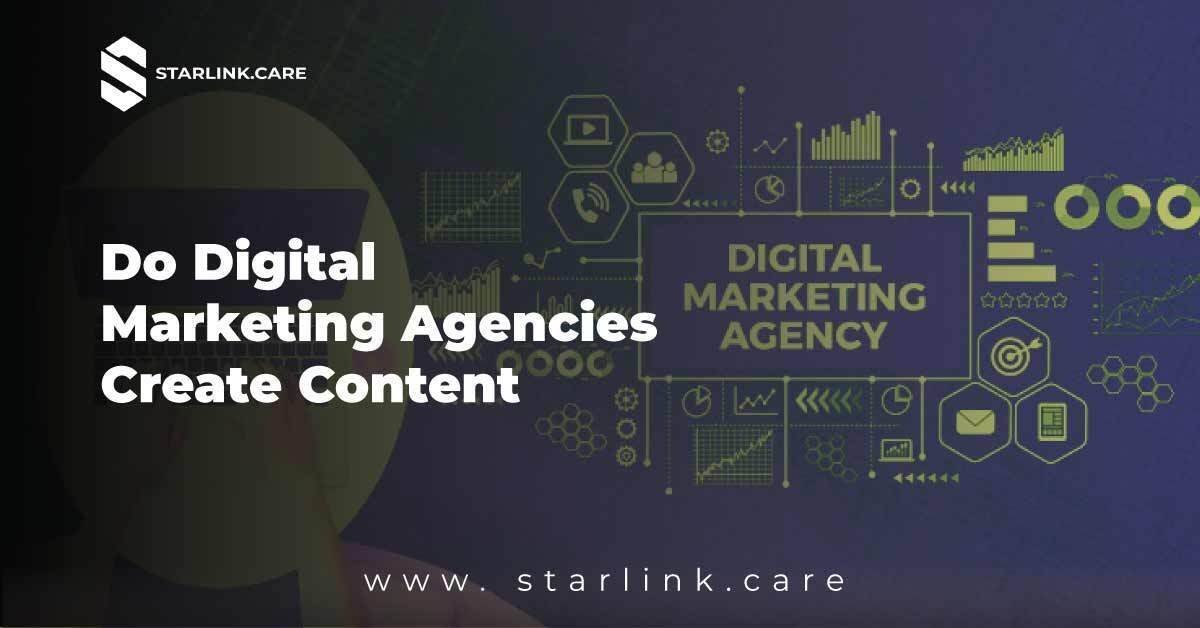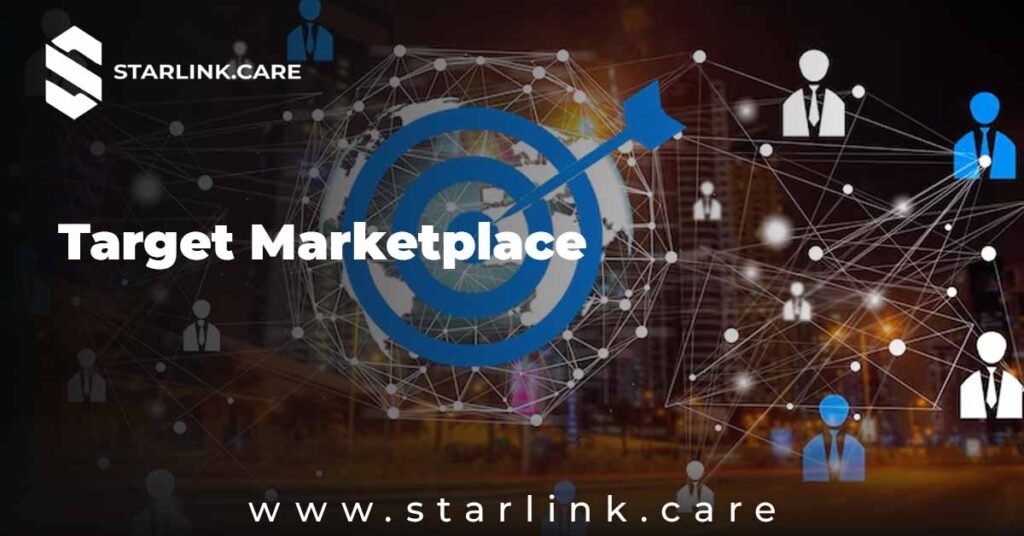Introduction
Do Digital Marketing Agencies Create Content, In today’s fast-paced digital world, content creation is more crucial than ever. Businesses of all sizes understand the importance of engaging content to attract and retain customers. This brings us to a pressing question: do digital marketing agencies create content? Let’s dive into this topic and explore what these agencies actually do when it comes to content.
What Are Digital Marketing Agencies?
Before we get into the nitty-gritty of content creation, let’s clarify what digital marketing agencies are. These are specialized firms that help businesses promote their products or services online. They offer a range of services, including search engine optimization (SEO), social media management, and of course, content creation.
The Role of Content in Digital Marketing
To understand why digital marketing agencies create content, we need to appreciate the role content plays in marketing. Quality content is the backbone of any successful digital marketing strategy. It helps businesses:
- Attract and Engage: Good content draws people in and keeps them interested.
- Educate and Inform: It provides valuable information about products or services.
- Convert and Retain: Engaging content can turn visitors into customers and keep them coming back.
Do Digital Marketing Agencies Create Content?
Yes, digital marketing agencies do create content. Content creation is a significant part of what they do. Here’s a step-by-step look at how this works:
1. Understanding Client Needs
The first step in content creation is understanding what the client needs. Agencies will usually start with a thorough client consultation to grasp the business goals, target audience, and brand voice. This step ensures that the content aligns with the client’s overall strategy.
Anecdote: I once worked with a small bakery looking to expand its online presence. The digital marketing agency took the time to understand the bakery’s unique charm and crafted content that highlighted its artisanal baking methods, which helped attract local food enthusiasts.
2. Research and Strategy
Once the client’s needs are clear, the agency moves on to research and strategy. This involves:
- Market Research: Understanding industry trends and competitor strategies.
- Keyword Research: Identifying relevant keywords to improve SEO.
- Content Strategy: Develop a plan for what content will be created, including blog posts, social media updates, and videos.
3. Content Creation
This is where the magic happens. Agencies typically have a team of writers, designers, and videographers who produce various types of content. Depending on the needs, this could include:
- Blog Posts: In-depth articles that provide valuable information.
- Social Media Posts: Short, engaging updates tailored for platforms like Facebook, Twitter, and Instagram.
- Videos: Dynamic content that can range from product demos to customer testimonials.
- Infographics: Visual representations of data or information.
4. Editing and Approval
After creating the content, it goes through an editing and approval process. This ensures that everything meets the quality standards and aligns with the client’s brand guidelines. It’s also a chance to make any necessary revisions before publishing.
Anecdote: I once saw a content piece for a tech startup go through multiple revisions to get the tone just right. The agency worked closely with the client to ensure the content was both informative and on-brand, which ultimately led to a successful launch campaign.
5. Distribution and Promotion
Creating great content is just the beginning. Agencies also handle the distribution and promotion of this content to ensure it reaches the right audience. This can involve:
- Social Media Sharing: Posting content across various platforms.
- Email Marketing: Sending content to subscribers.
- Paid Advertising: Using ads to boost content visibility.
6. Monitoring and Optimization
Finally, digital marketing agencies monitor the performance of the content. They use tools like Google Analytics to track metrics such as page views, engagement rates, and conversions. Based on this data, they make necessary adjustments to improve results.
Anecdote: One client of mine saw a significant boost in engagement after the agency optimized their blog posts based on performance data. The tweaks made a noticeable difference in their traffic and conversion rates.
Why Choose a Digital Marketing Agency for Content Creation?
Choosing a digital marketing agency for content creation has several benefits:
- Expertise: Agencies have professionals skilled in various aspects of content creation.
- Time-Saving: Outsourcing content allows you to focus on running your business.
- Consistency: Agencies ensure that content is regularly produced and aligned with your brand.
If you’re looking for a reliable partner to handle your content needs, digital marketing agencies are a solid choice. They bring expertise, creativity, and strategic insight to the table, ensuring that your content not only attracts attention but also drives results.
Conclusion
Do Digital Marketing Agencies Create Content? In summary, digital marketing agencies do indeed create content. From understanding client needs to crafting compelling content and promoting it effectively, these agencies play a pivotal role in helping businesses succeed online. If you’re ready to take your content to the next level, consider partnering with a digital marketing agency that can deliver high-quality, engaging content tailored to your specific needs.
For more information on Do Digital Marketing Agencies Create Content, Digital Marketing and Content Creation, check out Starlink, HubSpot’s Content Creation Guide and Neil Patel’s Digital Marketing Resources.







